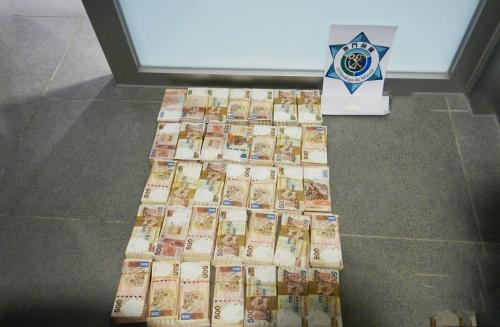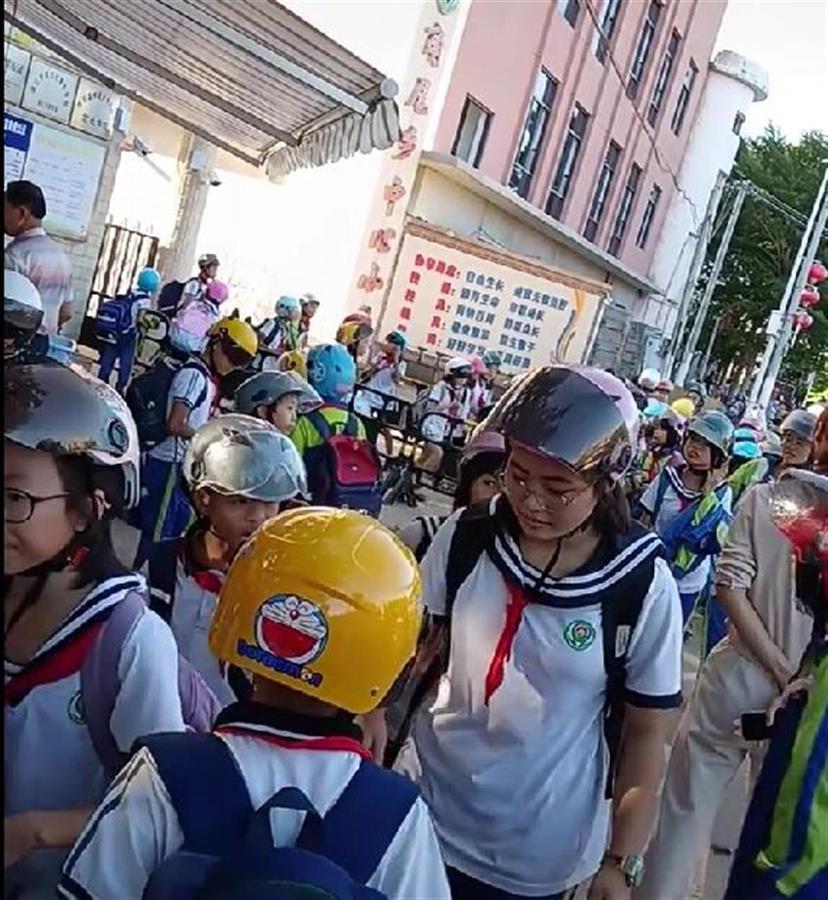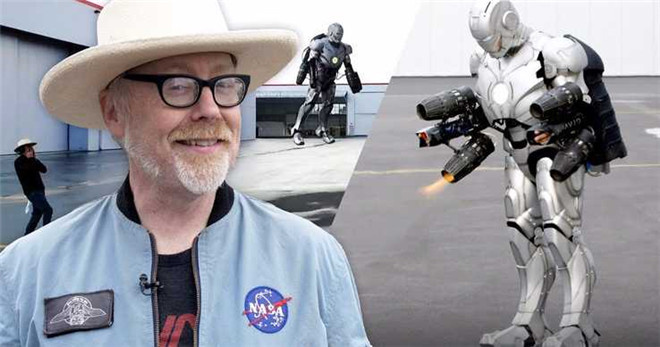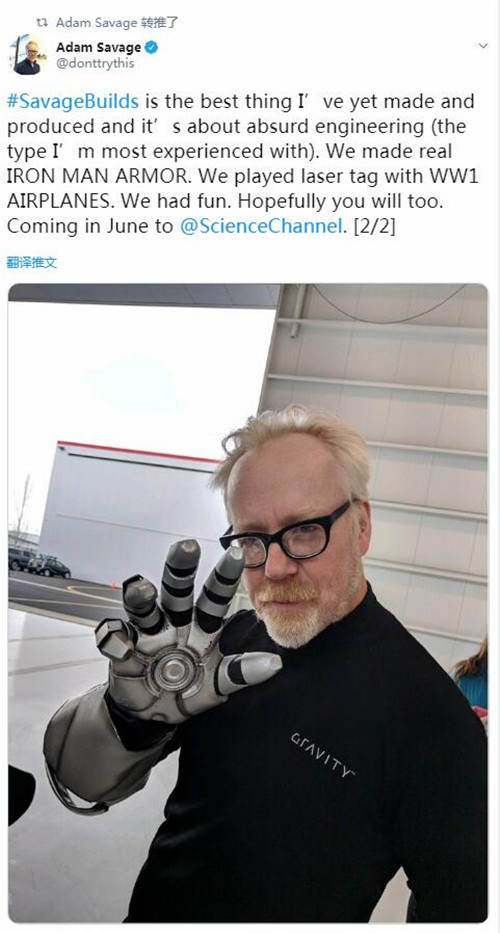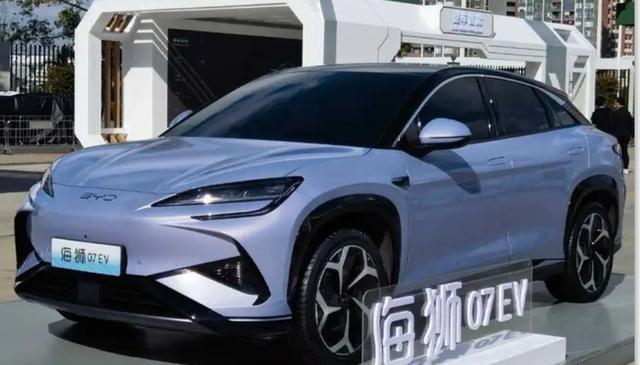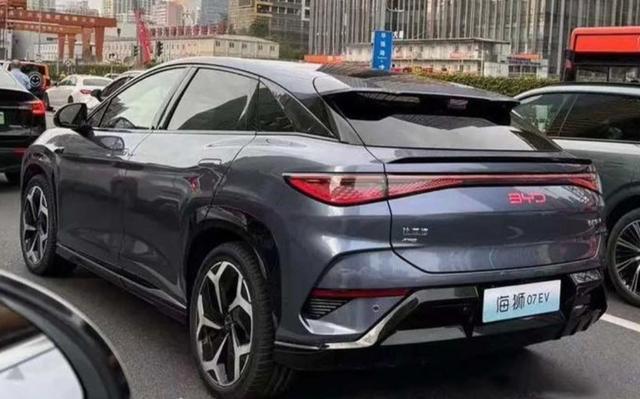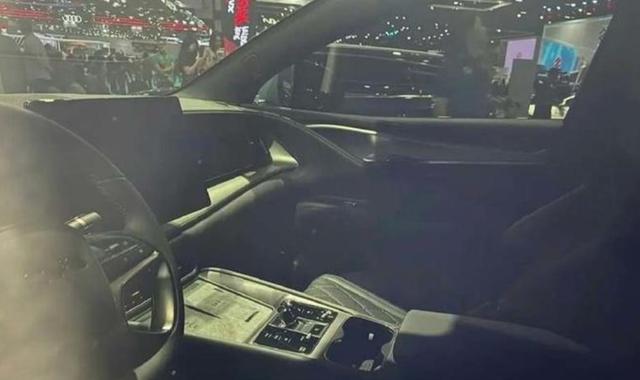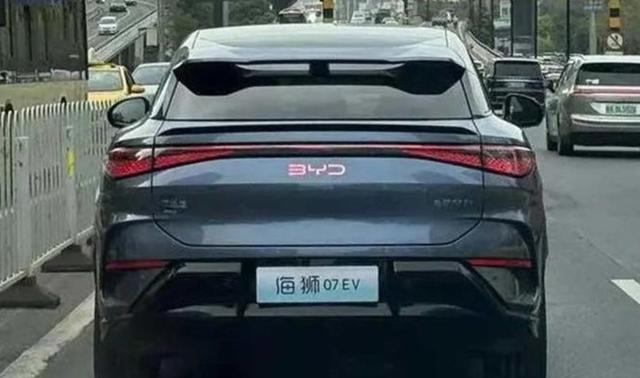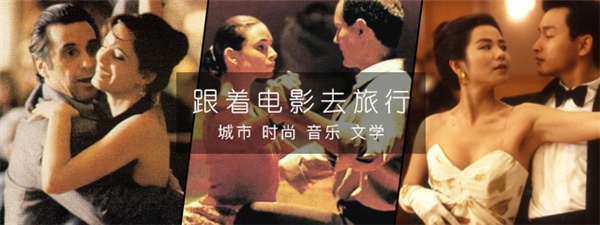
Special feature of 1905 film network Watching a football game, enjoying an Argentine barbecue and a bottle of Argentine red wine, and dancing a tango with an Argentine girl, this is not a guidebook, but what God instructs you to do, because God has given this magical city a gift, and there is no reason why you should not enjoy it.
Even if you can’t be like Al Pacino, it doesn’t hinder you from being with this country. After a game, Buenos Aires is your beginning.
HOLA~ "Traveling with Movies"
Argentina’s third stop — Indulge in Argentina’s hot tango
In the third stop of "Traveling with Movies", let’s explore the hot and unrestrained side of Argentina by stepping on the jumping dance point and following the elegant skirt and enchanting dance steps ~
【The purest tango, performing a tango madness.】
Tango mania
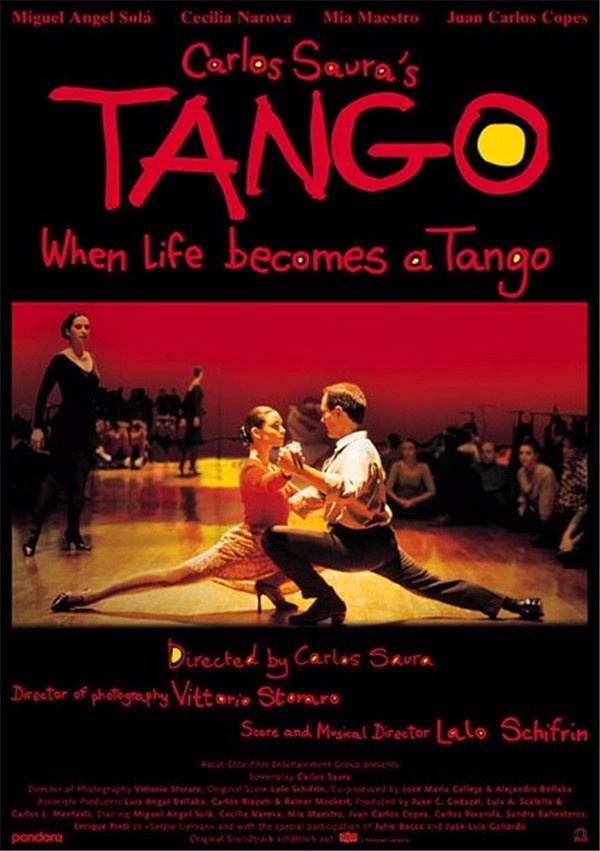
Director: Carlos Saura
Screenwriter: carlos saura
Starring: Miguel Angel Sola/Cecilia Narova/Mía Maestro/
Juan Carlos Copes/Carlos Rivaro
Type: Drama/Song and Dance
Producer country/region: Spain/Argentina
Language: Spanish
Song and dance have been endowed with new magic under the lens of carlos saura. Under the tutelage of bunuel, she has successively won international A-level film festivals such as Berlin, Cannes, Golden Globe and Laffargue Sebastien, and has been nominated for the Oscar Award for Best Foreign Language Film. She is a third-generation Spanish national treasure director. His name represents a generation of movie master, and his musicals symbolize the peak form of this art.
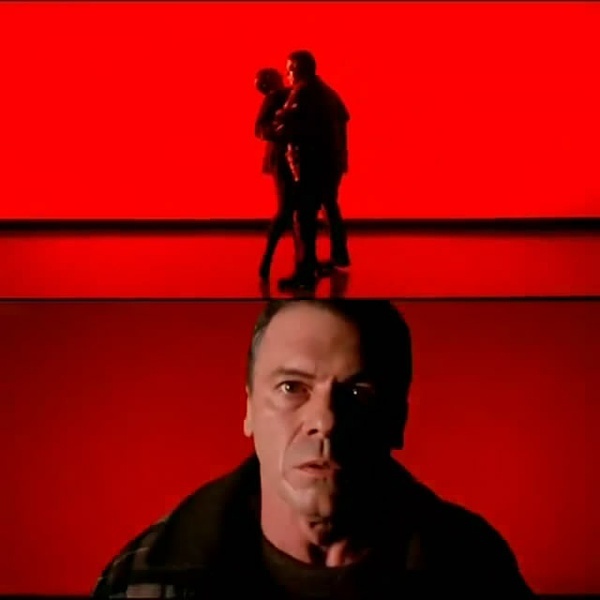
The director used dance, lighting and scriptwriting skills to form a wonderful audio-visual feast. carlos saura gave the tango a sense of ceremony. The film weaves the actors’ realistic state with the feelings in the play in the form of play, making the whole film not only a musical and a feature film, but also a unique artistic form of carlos saura, so romantic and exquisite.
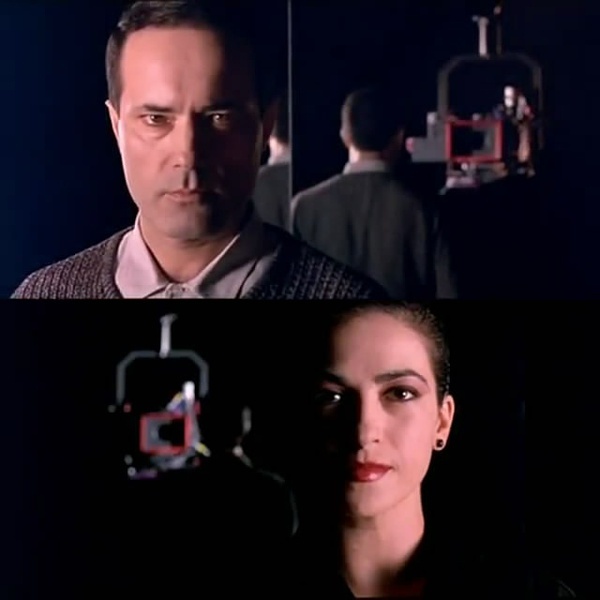
Tango is a beautiful sadness in Argentina. It is a proud sadness and an unbridled love. carlos saura perfectly shows this art with his own lens. The tango of the three people in the film has become the most amazing part of the film, the temptation, the passion, the struggle of love and being loved, and the trick of fate. It seems that there is only one art in the world that can express such passionate love.
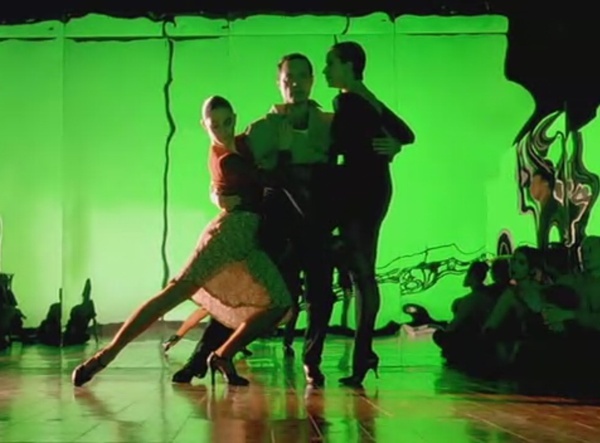
Carlos saura is a well-deserved master of musical films, and his films have reached the highest level of art films, regardless of the use of colors, the setting of scripts and obscure metaphors. Only art can understand tango, and only carlos saura can understand tango.
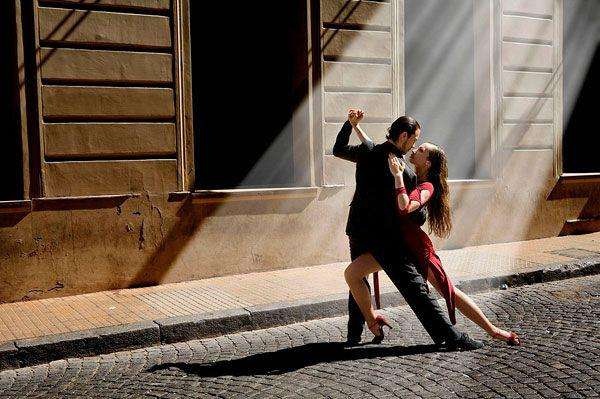
Tango is the national dance of Argentina. For Argentines, dancing tango is as simple as eating a meal, which is basically two glasses of red wine, and two people can dance together with each other by virtue of the tacit understanding — —
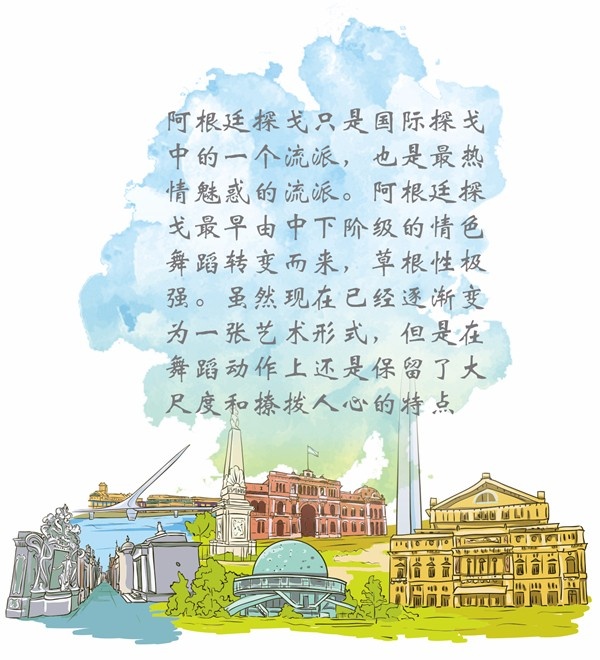
Argentine tango is also called "dance between legs". The two dancers cling to each other like warm babies, and their legs show dance movements in the form of "kicking, winding, winding and hooking", which makes people see things in a blur — —
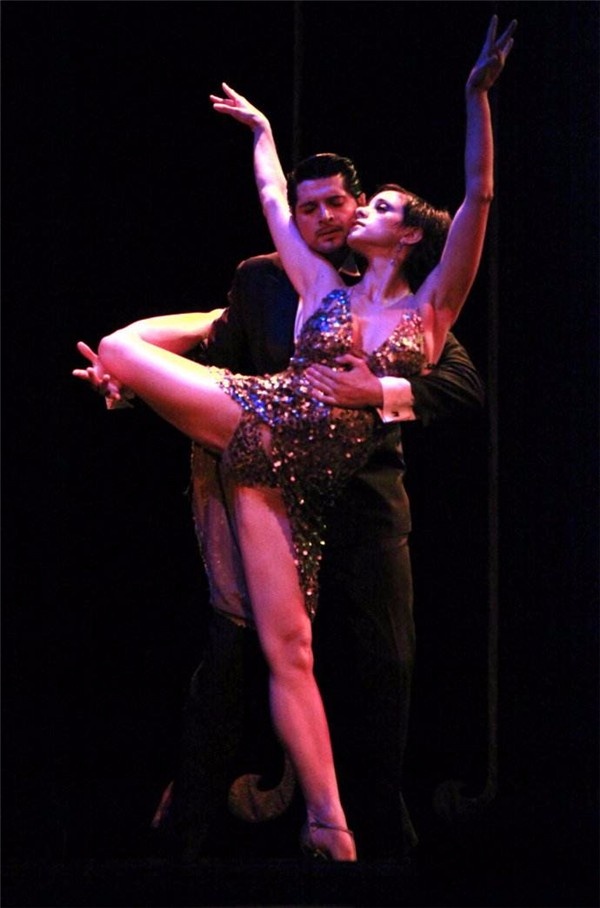
Different from the international tango, the Argentine tango has no rules, and all the steps are improvisational freestyle. Everything is based on the tacit understanding between the two dancers, so the Argentine tango is also called "the dance that can directly touch the soul".
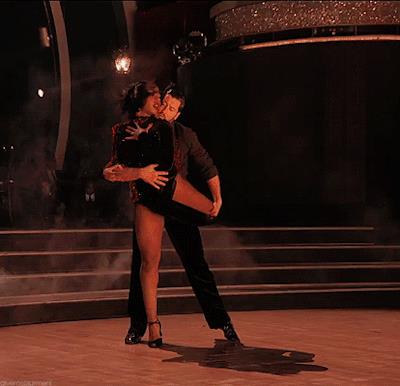
In the minds of Argentines, tango has already surpassed the existence of dance. Tango is a kind of culture and a way of life. Without the company of tango, life seems dull and the soul always feels empty.
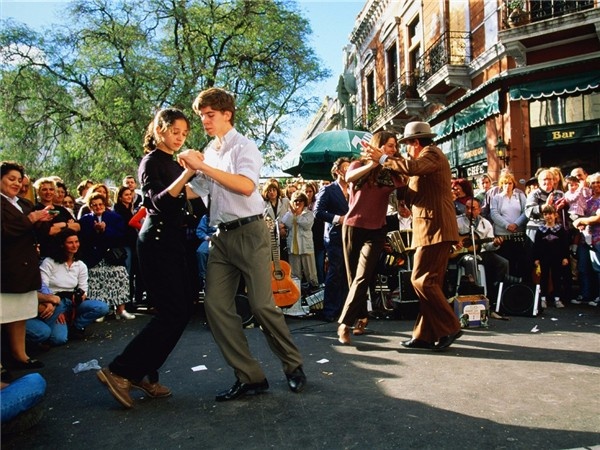
Tango — — Square dance of Argentine people
【It’s dark before my eyes, but I still want to dance a tango.】
Scent of a Woman.
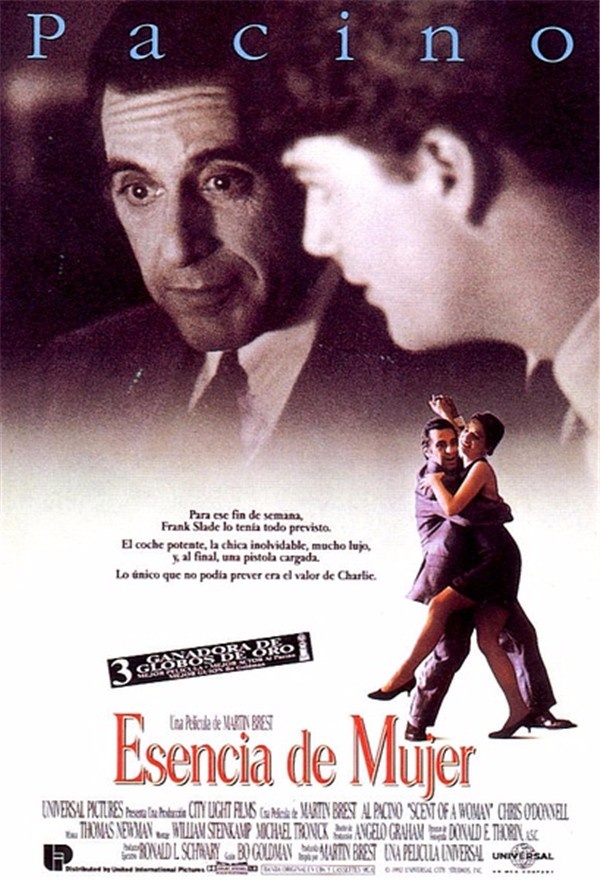
Director: Martin Brest
Screenwriter: bo goodman/Giovanni Arpino
Starring: Al Pacino/Chris O’Donnell
Type: plot
Producer country/region: USA
From a unique perspective, it tells the story of youth, the confusion of two generations and the pursuit of the meaning of life. Al Pacino’s role in it has become another classic that can’t be copied.
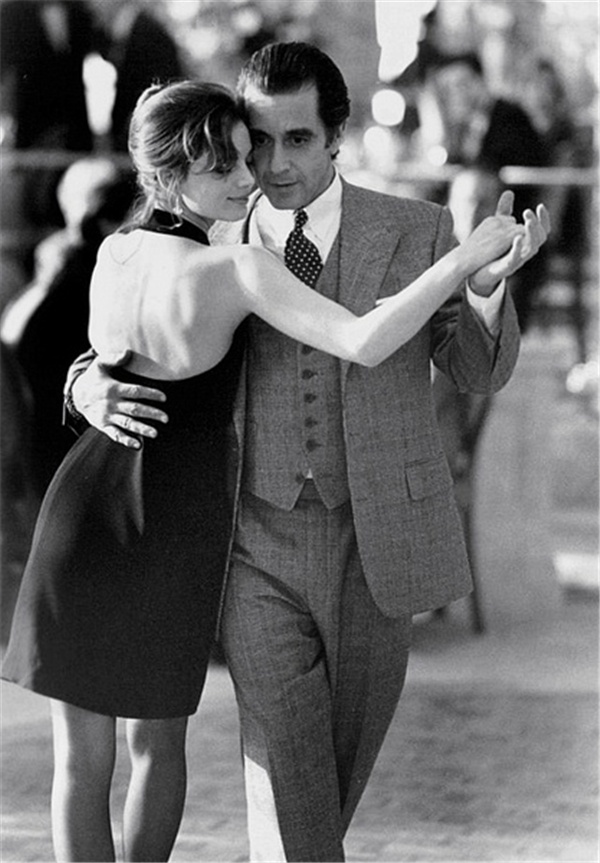
Al Pacino, who is blind in the film, is so selfless and confident when he dances the tango. He danced not only a dance, but also the unremitting pursuit of a better life. This is exactly where this movie attracts the audience. Al Pacino is blind, but his world is extremely bright. This is an alternative romance and a very tense performance.
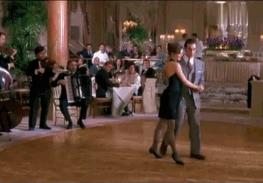
The film tango is intoxicating. This is the power of this dance, and this is the power of the film. Movies give this beautiful art a second life. The audience listened to the dance music, and through the dance steps, they watched all the love, met, met, knew each other and stayed together.
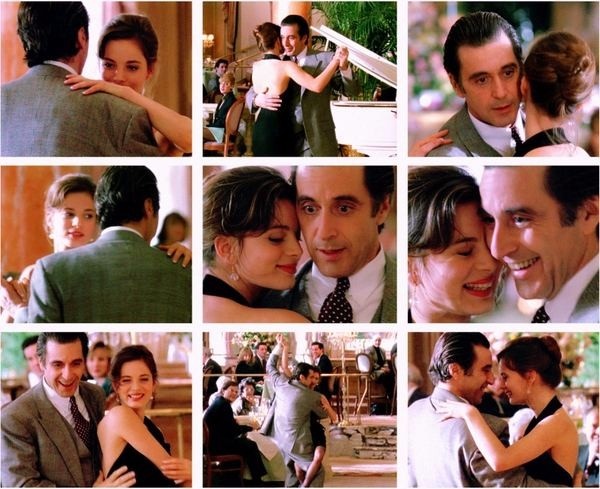
A famous Hollywood screenwriter once questioned how the poor scriptwriting skills of this film could be regarded as a classic by the audience. In fact, the screenwriter is right. The contradiction of the main line of the film can’t hold up the whole film at all, and some details of the plot need to be examined. But this kind of film is to create a feeling, and fans hope for the feeling realized in the film, without so many designs and skills. Sometimes simplicity can touch the softest part of people’s hearts. This is the only way for movies, and so is life.
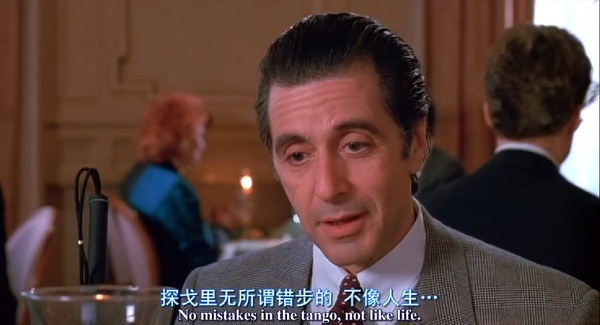
有些人一分钟内过尽一生,我愿意用一生等待我的舞伴
影片中阿尔·帕西诺伴着阿根廷经典舞曲《只差一步》,舞出了影视上最美的一段探戈。在探戈中,舞曲就像是一味强心剂,将舞蹈的氛围上升到了另一层高度。
在阿根廷,就有这样一位“探戈之父”卡洛斯·葛戴尔,他创作出的探戈舞曲将无数舞蹈推向高潮,是当之无愧的阿根廷探戈的象征——
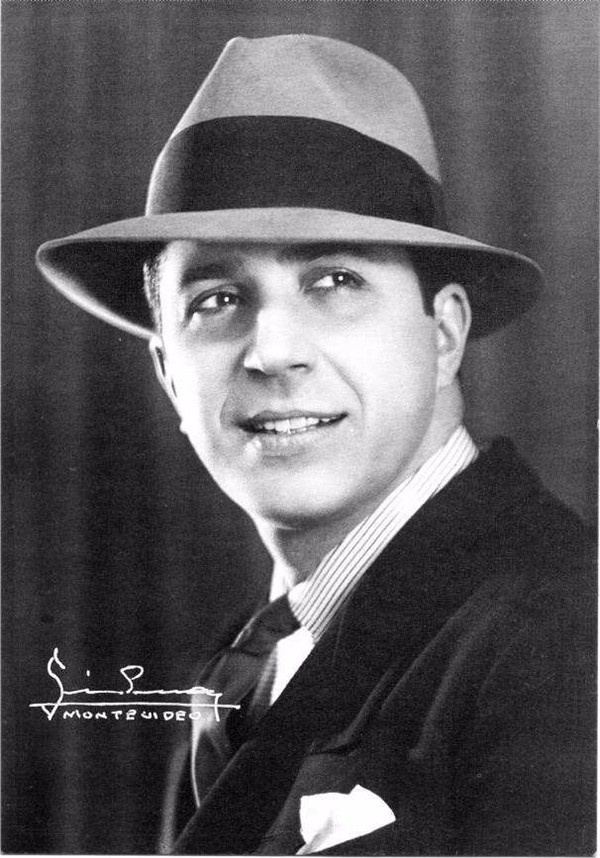
卡洛斯·葛戴尔 1890年12月11日-1935年6月24日
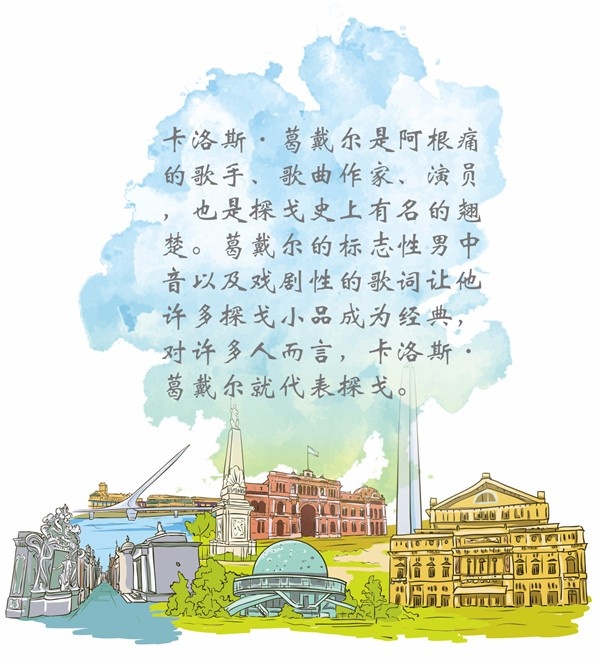
虽然卡洛斯早已经离开我们,但是以他名字命名的探戈剧院——EsquinaCarlos Gardel绝对是欣赏纯正探戈的好去处——
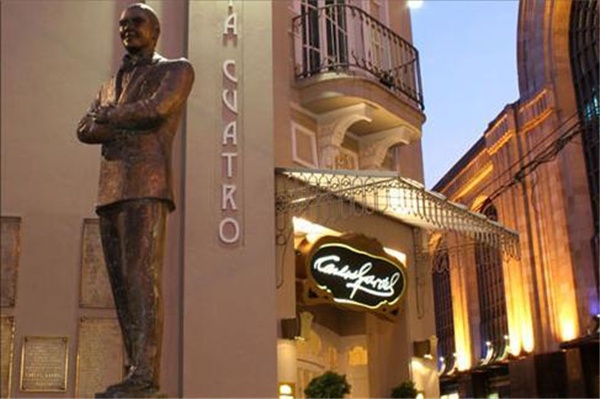
这里是卡洛斯生前生活和创作作品的地方,周围建造着卡洛斯博物馆和主题咖啡馆来怀念他,但是最值得一去的还是金碧辉煌的EsquinaCarlos Gardel。
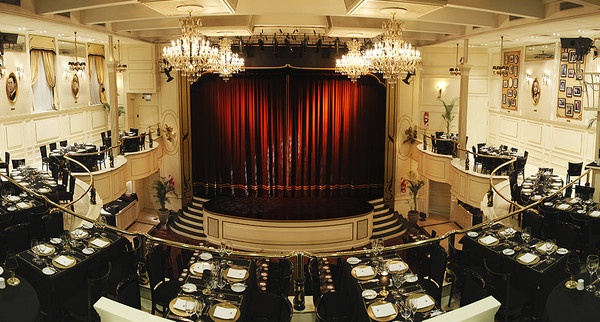
EsquinaCarlos Gardel本是一家餐厅,但是由于有一个探戈舞台,再加上现代化的灯光舞美,让这里成了欣赏探戈舞的好去处。
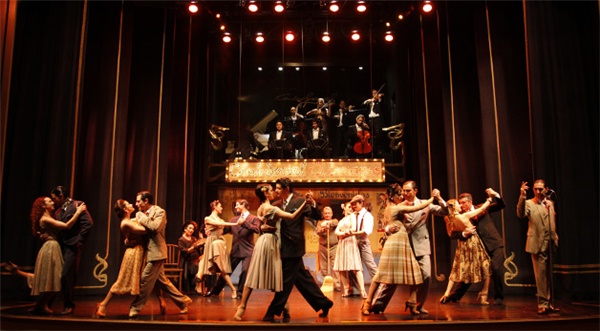
由于这里是为了纪念卡洛斯而建,所以演出曲目都是较为经典的舞曲,更多的是为了重现卡洛斯的辉煌——
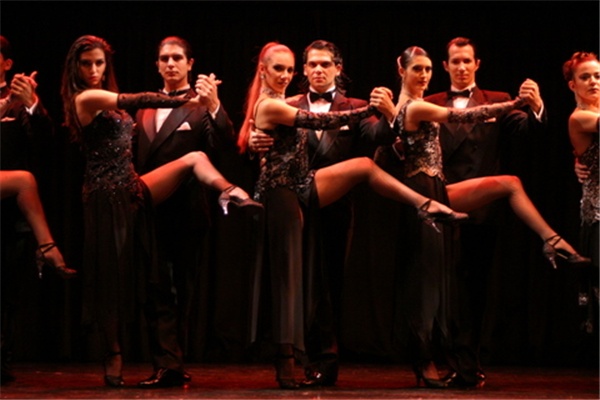
In addition to enjoying the classic tango performance, you can also taste good red wine and various barbecues here (after all, people are also a restaurant here). The restaurant provides three fixed dishes, and fat friends can choose according to their personal preferences ~
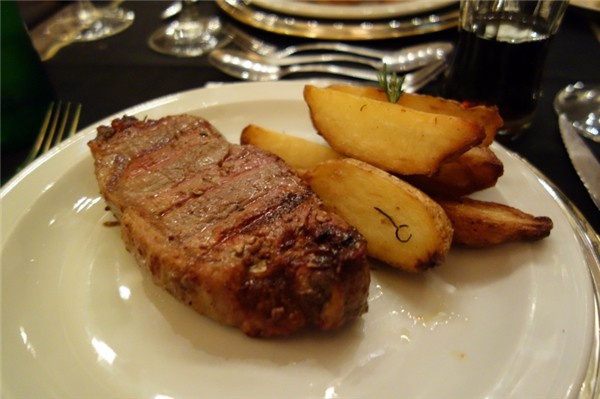
Of course, for a better look and feel, I recommend you to book online in advance, not only to book a better booth, but also to get a discount price ~
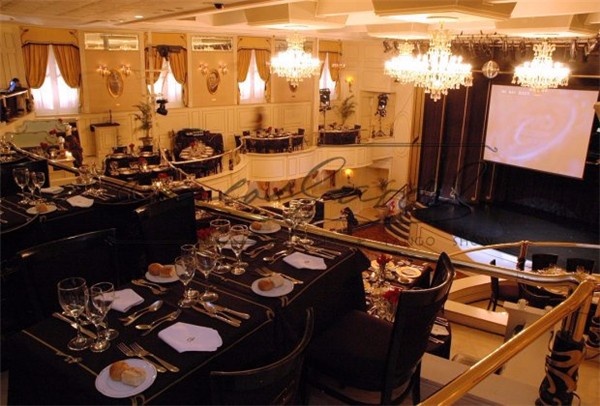
【A tango is a carnival of Hong Kong movies.】
once a thief
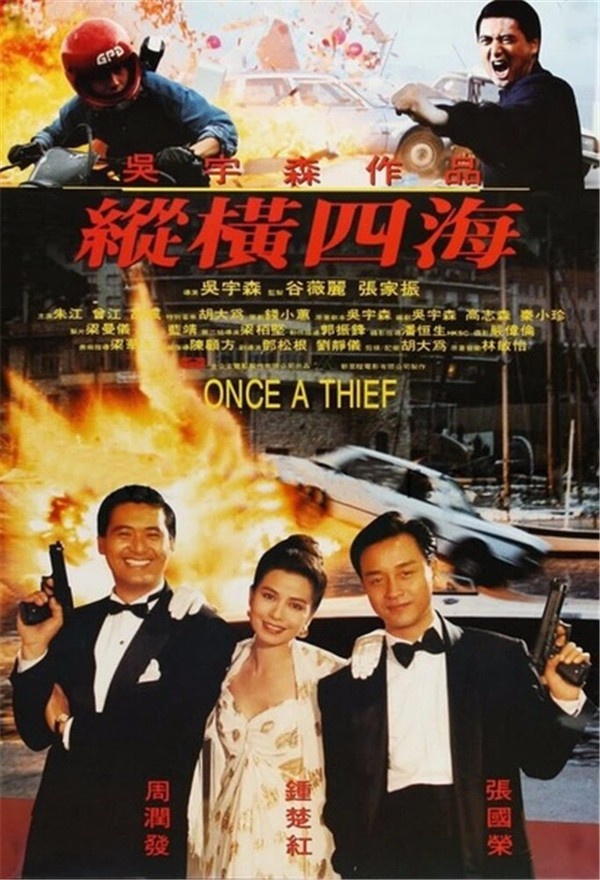
Director: John Woo
Screenwriter: John Woo/Gao Zhisen/Janet Chun
Starring: Chow Yun Fat/Leslie Cheung/Cherie Chung/
Genre: drama/comedy/action/crime
Producer country/region: Hong Kong
Language: Cantonese/English/Hakka/French
Hong Kong movies in the 1990s are the most beautiful night sky in the hearts of fans, and they are definitely the brightest stars in the night sky. Leslie Cheung, Chow Yun Fat and Cherie Chung formed the most classic threesome in Hong Kong film history, and a tango in the film also became an eternal classic in film and television.
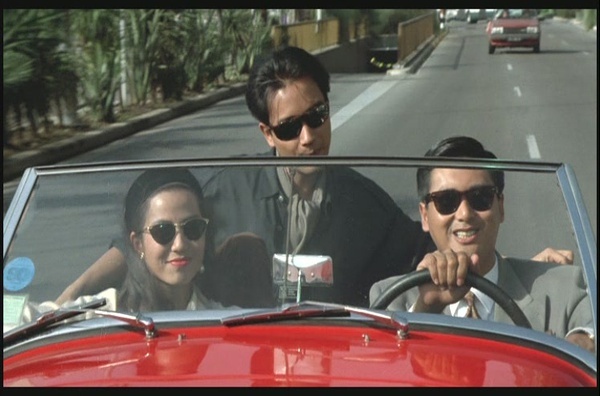
John Woo put down his dove, cloak and double guns, and poured romanticism into the whole film. In the film, Leslie Cheung and Cherie Chung danced tango, which made fans unforgettable. The pace of tango dance is seamless with the editing of "stealing techniques". Cherie Chung dances beautifully, and Leslie Cheung dances a charming son.
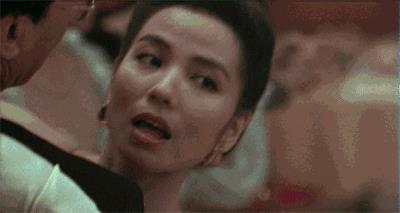
The two dancers in the tango dance can’t smile, but John Woo handled his own tango dance, and the design of the two has always been smiling, which perfectly fits the romanticism of the film. Will be a thrilling action task, the clouds are weak and the wind is rising. John Woo subverted the meaning of the original gangster film in Hong Kong with his best romanticism.
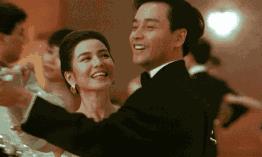
How chic and fast "Across the Seas" is, only the combination of these three people can interpret this detachment and freedom, and only John Woo can truly travel around the world in the film industry.
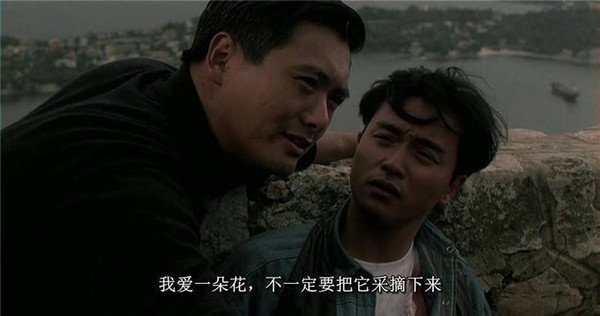
The dance in the film seems to epitomize the whole carnival era in Hong Kong. This is a memory engraved in the hearts of fans, which can’t be forgotten to be true, but you can recreate this classic with your own dance steps.
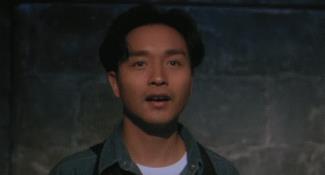
In the Boca neighborhood of Buenos Aires, you can always dance a graceful tango with your partner, no matter whether you are a professional dancer or not — —
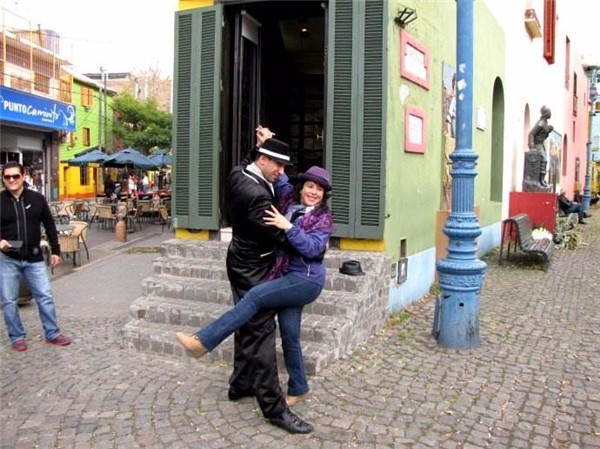
Caminito street in Boca district is a perfect interpretation of what life is a stage everywhere. It is a mixed slum in Buenos Aires and the birthplace of tango. The whole street is full of bars, restaurants and souvenir shops, and the most important thing is that street artists and tango dancers are hidden in every corner — —
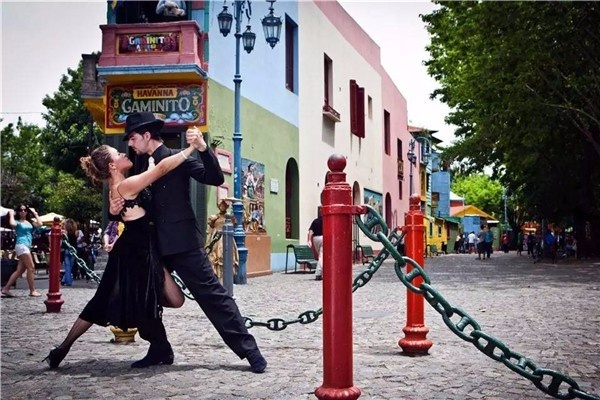
Put on your best-looking skirt, pick one of the street dancers with an eye, give him a wink, and he will come to you and invite you to dance — —
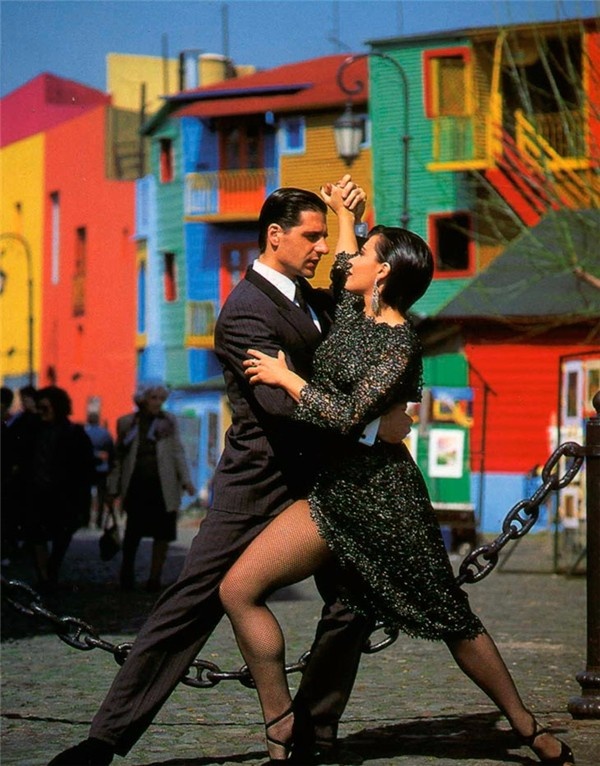
It doesn’t matter if you don’t have a dance foundation. You can safely give yourself to your partner, let Ta take you around and jump, and then make eyes at Leslie Cheung Cherie Chung from time to time, as if you had a three-minute love affair with a stranger ~
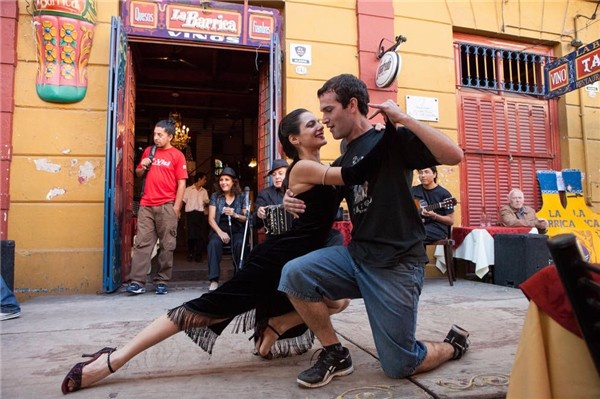
Of course, you can also give the dancers a little more labor, and let Ta take you to unlock more new poses ~
【If you invite me, I would like to respond with a tango. 】
[Talking about Love, Dancing] (2004)
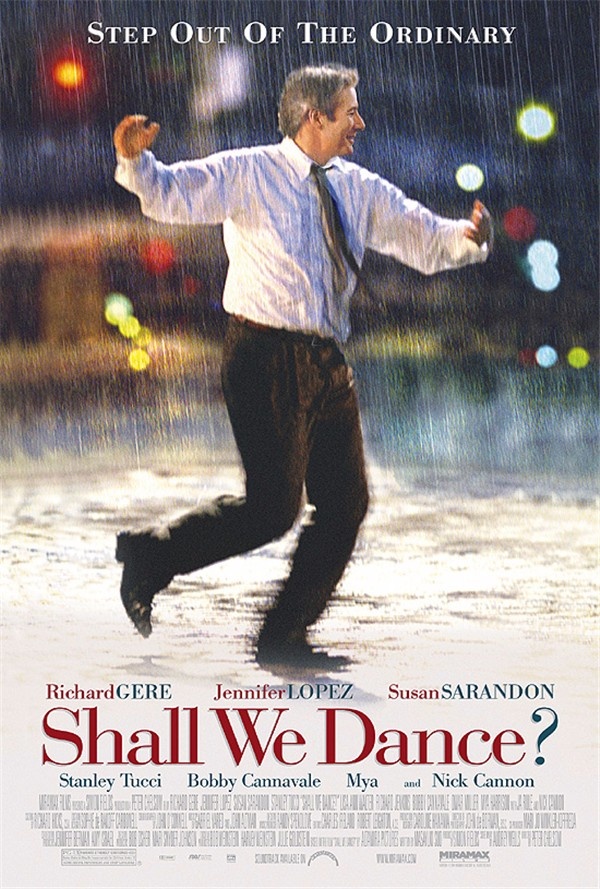
Director: Peter Chelsom
Screenwriter: audrey wells/Masayuki Suo
Starring: richard gere/jennifer lopez/
Susan sarandon/Stanley Tucci/richard jenkins
Genre: drama/comedy/love
Producer country/region: USA
Language: English
If the Japanese version of Shall We Dance focuses on "talking about love", then the Hollywood adaptation focuses on "dancing".
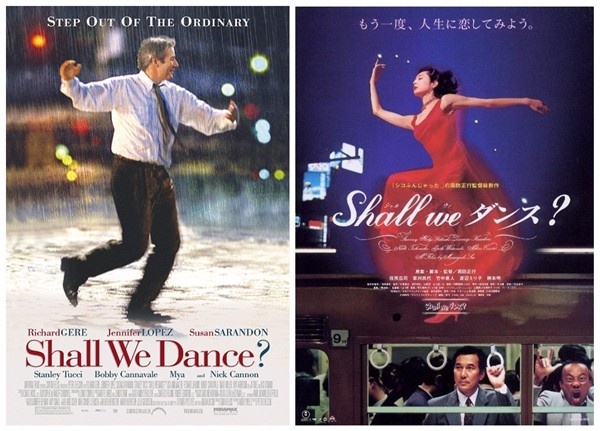
The hero who suffered a midlife crisis began to learn to dance because of his admiration for the dance teacher and finally fell in love with it, saving himself and his friends at the same time. An inspirational and warm story, the Japanese version handled it delicately and moving.
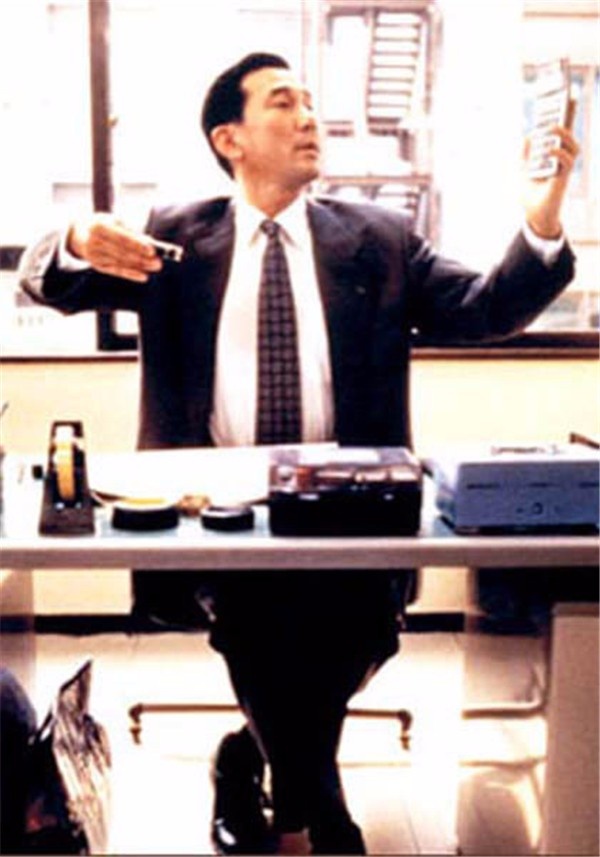
Office waltz
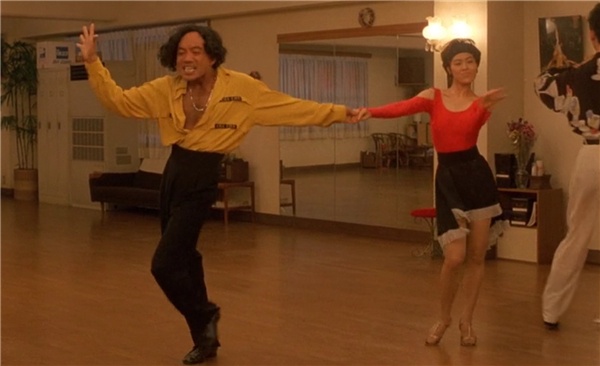
A soul dancer who relies entirely on Yan Yi
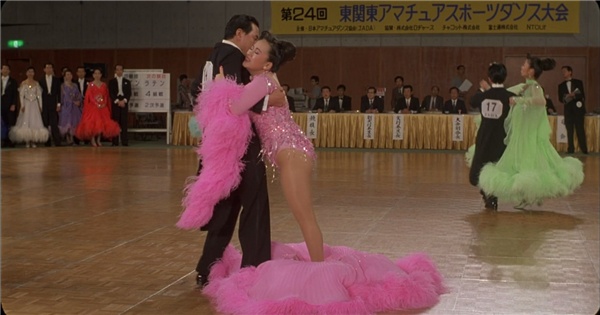
The most embarrassing scene in the whole film is actually very touching.
Uncle who learns to dance secretly, Latin man who can liberate his nature by wearing wig, proud and coquettish aunt, etc. In Japan, a rigid society that emphasizes collective weakening of personality, the stories of these deviant little people are sad and touching.
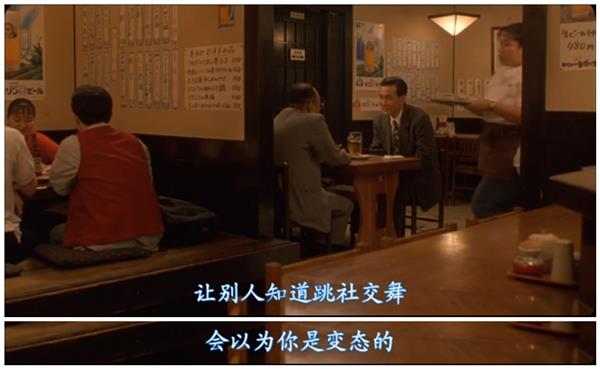
In the American adaptation, the tension of these cultures is missing. In the American society that emphasizes individuality and freedom, modern dance has a deeper soil, which makes the copied story seem unreasonable. There is no "talking about love", but only "dancing".
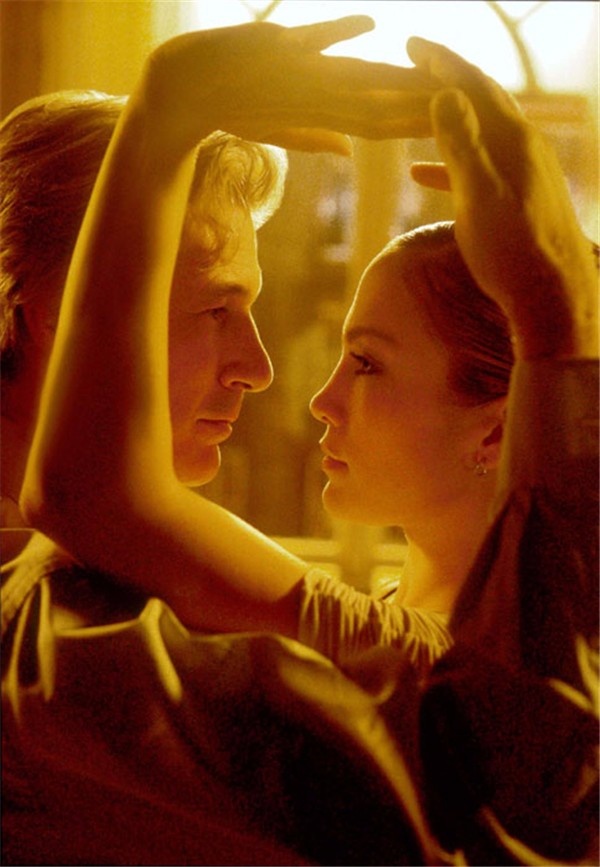
The most beautiful scene in the whole film
Interestingly, the Japanese version covers almost all modern dances, but never tango. In the American version, when the hero first came to the dance classroom, the dance teacher shouted, but it was "TANGO".
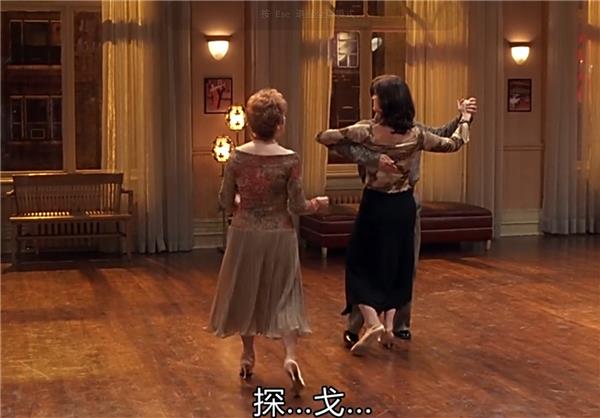
Perhaps in the reserved Japanese culture, the passionate and heroic tango seems to go too far after all. In the free and unrestrained American culture, only the tango, the "dance between lovers", can interpret this secret feeling.
The most wonderful passage in the American version is a tango between the dance teacher and the hero. In the warm yellow and ambiguous light, accompanied by lively and strong music, men and women are like a pair of soldiers who go to love, teasing and competing with each other. A serious expression is the best disguise, the aroused calf is a secret desire, the rotating skirt is a silent invitation, and the dumped body is a gesture of submission. A tango will pour out all kinds of customs.
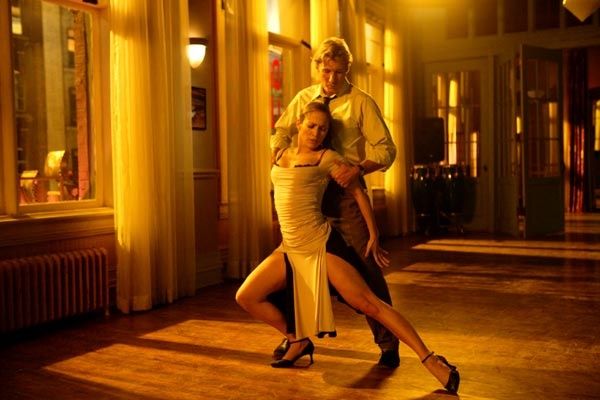
Both versions of the film describe the protagonist’s participation in the dance competition. Of course, in real life, if you want to take part in the tango competition and try the water, then you must not miss the Argentine International Tango World Championships, a global tango feast ~ ~ ~

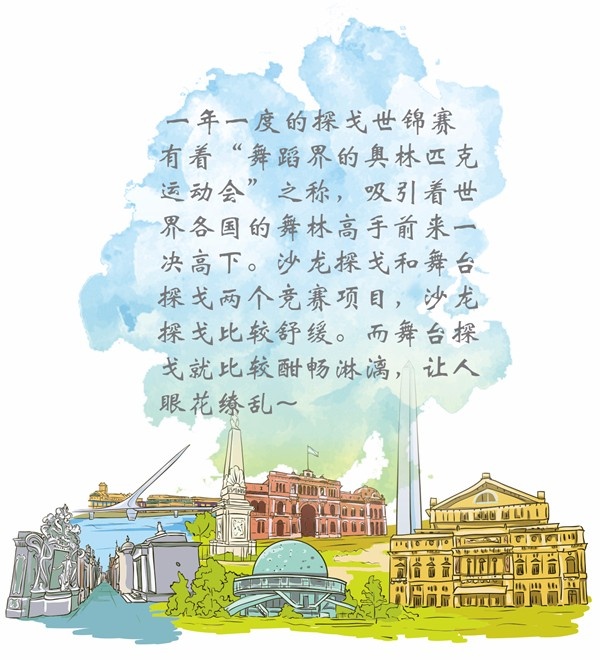
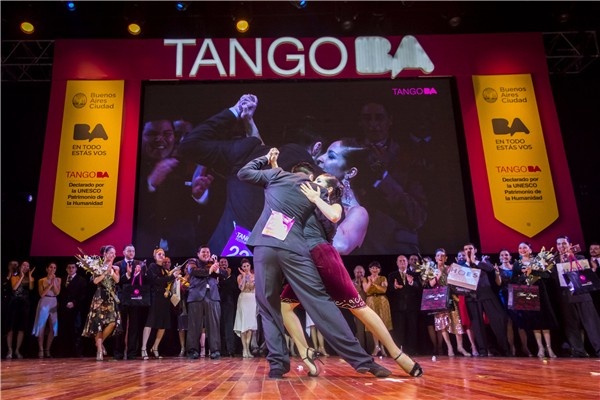
Competition site
Speaking of the Tango World Championships, we can’t help but mention the USINA Art Center in Argentina, which was formerly the castle of the power company, and was later abandoned and transformed into an art center, becoming the official fixed place of previous Tango World Championships — —
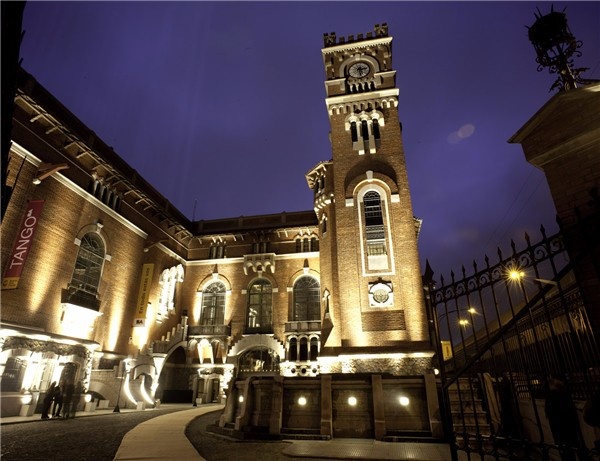
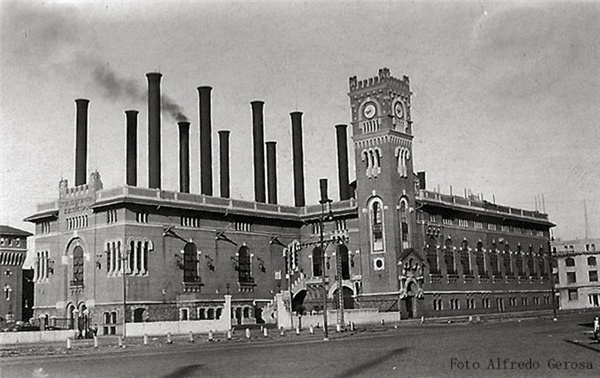
USINA art center former site
As an art center, the most creative thing in USINA is the 70-degree mirror. There is a European-style wall on the ground, and a big mirror is inclined at a 70-degree angle with the wall. People lying on the wall can just show the effect of handstand in the mirror, which looks very cool — —
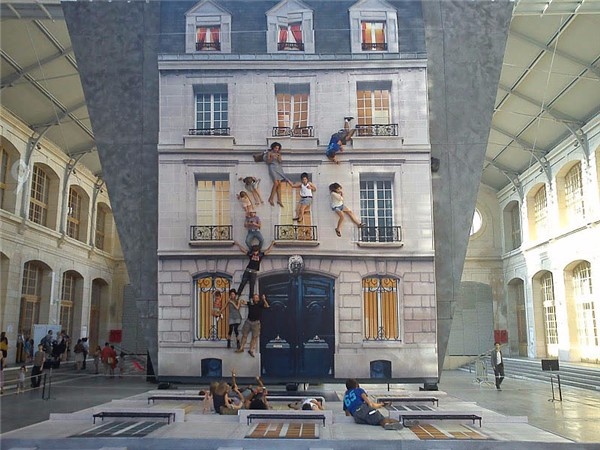
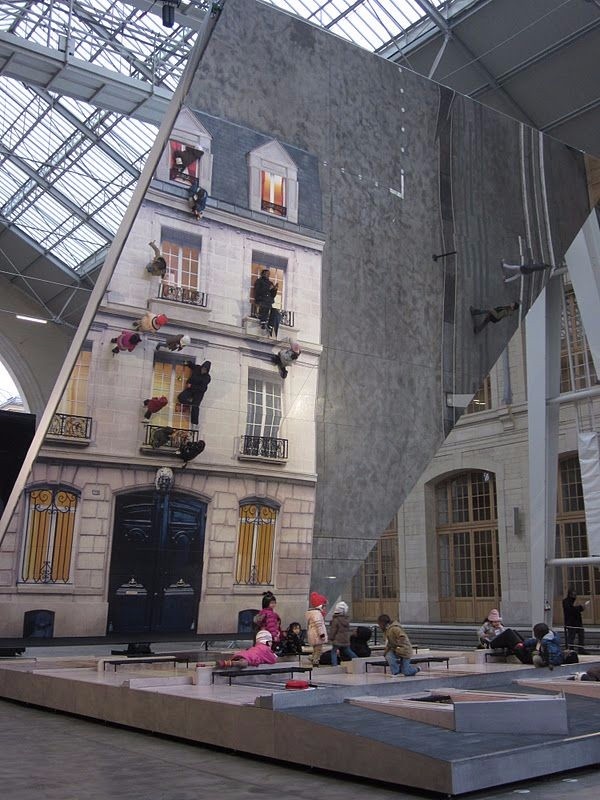
Many people have experienced the pleasure of climbing over the eaves here — —
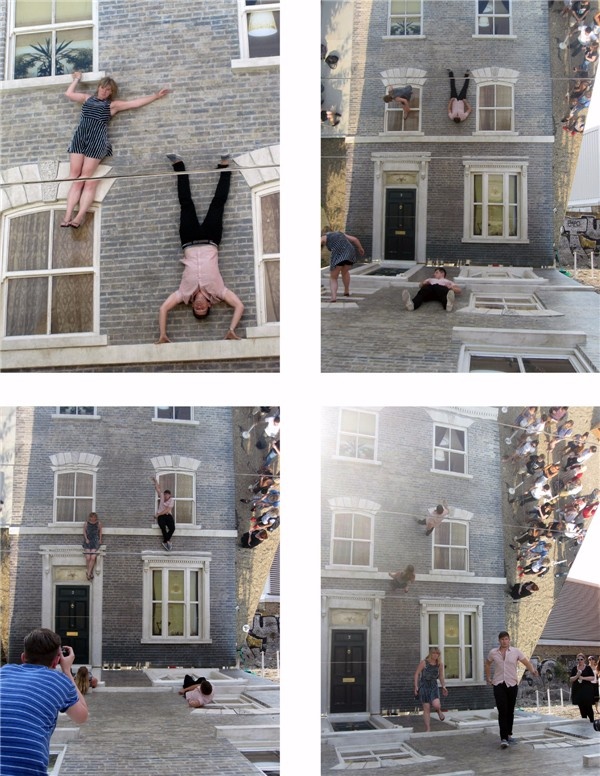

No dance can be so hot and dazzling. Every dance step is full of temptation and passion. Tango is not only a bold expression of love, but also an attitude towards life, for all the good and love.
Caesar built his empire in eight years, and it only takes you three minutes to conquer everyone with a tango.



















































